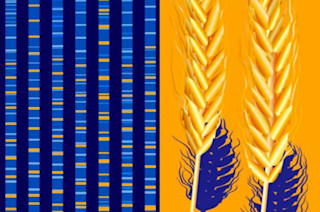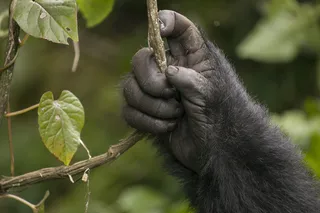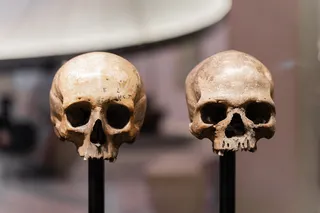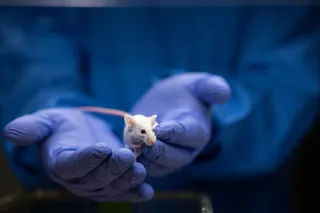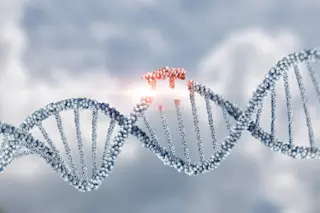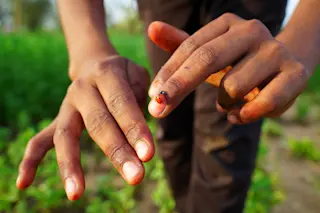What came first, farming or our ability to digest its carbohydrate-rich harvest?
A study of a gene key to breaking down carbohydrates started duplicating itself in humans over 800,000 years ago— well before the dawn of agriculture. A team of researchers report in Science that the gene, called AMY1, started creating variations of itself long before humans split from neanderthal. It plays an essential role in producing starch-digesting saliva.
In general, when genes make “copy variations” of themselves, it indicates an increased focus on the function of the original gene. The proliferation of AMY1 variants back then provides a snapshot of the ancient human diet — and indicates how it changed when hunter-gathers shifted to farming.
The researchers analyzing the genomes of 68 ancient humans, including a 45,000-year-old sample from Siberia. They found that pre-agricultural hunter-gatherers already had an average of four to eight AMY1 copies per cell. That number ...


